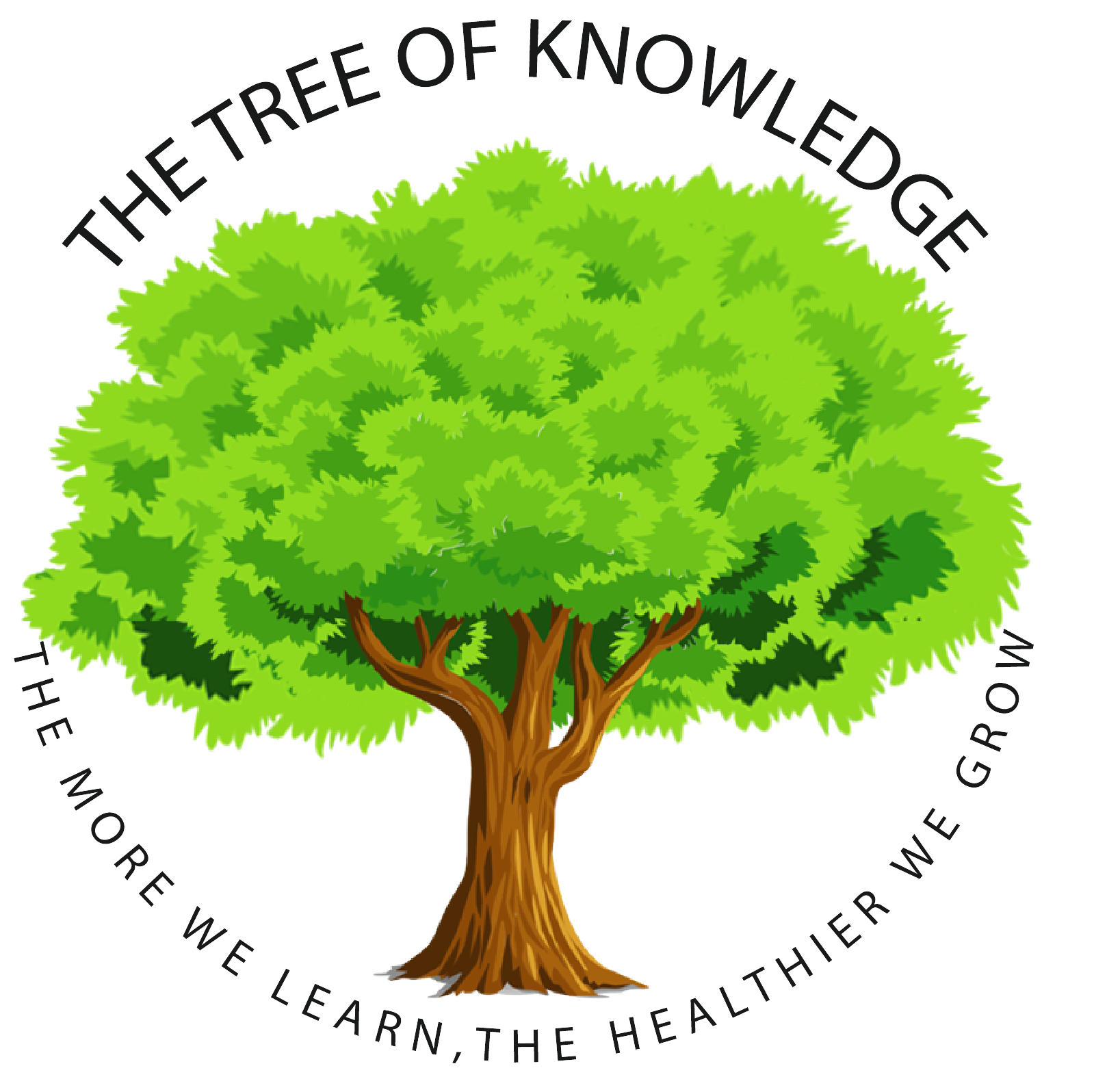Contents
A person who is uncertain whether they can drink alcohol while taking blood thinners should speak with a doctor. Anyone who experiences severe symptoms, such as constant bleeding, intense pain, or dizziness, should seek emergency care. Drinking too much and too often can cause a plethora of negative health consequences. Even just drinking regularly for a long time can damage the body and have harmful side effects. The Centers for Disease Control and Prevention reports that the health benefits could be related to genetics and not to alcohol consumption at all. Just like the Dietary Guidelines, AHA and the CDC do not recommend alcohol consumption for individuals who do not already drink.
In astudy by The Recovery Village, heavy drinkers were also 73% more likely to experience a seizure and 48% more likely to have cancer than light or moderate drinkers. Some unhealthy habitslike smokingcan thicken the blood, while drinking can thin the bloodby interferingwith the production and function of blood platelets . community fairbanks recovery center This interference can lower platelet numbers and have serious consequences, likeincreasing the risk of bleeding and stroke. But having more than three alcoholic drinks daily could increase your risk for a type of stroke caused by bleeding in the brain . Within the last few years, a new class of blood thinners was developed.

It reduces the number of platelets in the blood, in part by interfering with blood cell production in the bone marrow. For those who have a problem with alcohol use disorder, there are resources and tools to help reduce alcohol intake. The National Institute on Alcohol Abuse and Alcoholism is one of the many heavy drinkers arent necessarily alcoholics, but may be almost alcoholics institutes of the National Institute of Health and is an exceptional resource, consolidating all things related to alcohol. The lowest risk of CAD deaths was found in people consuming approximately one to two alcoholic equivalents. A more neutral effect was found with stroke deaths and non-fatal strokes.
And even then, it’s best to avoid drinking while taking any medications. If you or someone you love is struggling with alcohol addiction, professional treatment at a licensed rehab facility can help. The Recovery Village Ridgefield is a premier addiction treatment center in Ridgefield, Washington, that offers detox, inpatient and outpatient programs for alcohol use disorders. Reach out to one of our understanding team members today to learn more about how we can help you achieve a healthier, alcohol-free life in recovery.
Comparing Vyvanse alternatives: which other ADHD medications can I take?
All Alcoholrehabhelp content is medically reviewed or fact checked to ensure as much factual accuracy as possible. Although alcohol does thin your blood, drinking instead of taking medication can be dangerous. These cells are sticky and cluster together and work to stop bleeding. Platelets also deliver proteins called clotting factors that create a plug to close the hole.

Not only that, some people experience an increase even after one or two drinks because their body processes alcohol differently. There are too many variables to make a blanket statement that alcohol is good for your blood pressure. Luckily, alcoholics who quit drinking see a reduction in blood pressure. Often those who come to treatment with high blood pressure return to normal levels within a month of not drinking. AlcoholicsAnonymous.com is a referrer service that provides information about addiction treatment practitioners and facilities. AlcoholicsAnonymous.com is not a medical provider or treatment facility and does not provide medical advice.
Moderate Alcohol Consumption and Heart Health
They can provide you with other options and work with you to address your drinking before you start taking blood thinners. The safest option is to avoid using alcohol while taking blood thinners. Coagulation refers to when blood cells stick together and form clumps. These clumps can form partial blockages in your blood vessels that raise pressure.
- And it also increases the risk of other issues, such as hemorrhagic stroke.
- This is why some researchers suggest that the occasional drink can actually lower your risk of ischemic strokes or strokes caused by blocked blood vessels.
- Alcohol can affect every part of your body, impacting the health of each body system when used heavily or for prolonged periods of time.
- Regardless of the type of blood thinner being used, you should generally avoid alcohol while taking a blood-thinning medication.
- If you drink only one drink in two hours, your liver will be able to process the majority of that out of your blood before it reaches your brain.
Alcoholcan interactwith blood thinners like warfarin and aspirin, potentially enhancing their effects. It reduces the number of platelets in your blood and makes your existing platelets less sticky. This process makes blood thinner, reducing the chance of a blood clot. When alcohol is included in the mix, it can alter how thin your blood is and also change how active the medication is. This ultimately affects the delicate balance that doctors hope to achieve while using blood thinners.
Okay, but can you switch medications to make it safer to imbibe? Excessive alcohol consumption is an established risk factor for atrial fibrillation , but what are the effects of moderate and mild consumption on AF? The blood-thinning effect of Lovenox is enhanced while using alcohol, increasing the risk of bleeding.
Blood clots in thickened arteries or veins are often what contributes to heart attacks and strokes. By reducing the likelihood that these blood cells will stick together and form a clot, alcohol may then “thin” the blood and help to prevent cardiac complications. Acting as a blood thinner, alcohol can then also lower the risk for a stroke, which is when there is a reduced flow of blood to the brain due to blocked or narrowed arteries.
Drug and Alcohol Addiction
Elevated blood pressure places extra stress on the heart and increases the chances of heart attack, stroke and heart failure. The combined effects of blood thinner medications and alcohol are dangerous because they can cause excessive bruising and bleeding. Internal bleeding is the most dangerous because it is more difficult to detect.
They offer a number of benefits over warfarin, but they do have some disadvantages. Speak with a healthcare professional about the benefits and risks. One of the oldest blood thinners still in widespread use is warfarin . Of all the blood thinners available today, warfarin is most strongly affected by excessive alcohol consumption. However, moderate consumption doesn’t significantly affect the metabolism of warfarin.

Light drinking can lower your blood pressure, but that doesn’t mean it’s good for you. Alcohol doesn’t lower your blood pressure by a significant amount. Many of the studies that make this claim do not consider other lifestyle neurotoxic medications choices, like diet and exercise, which have a much bigger impact on blood pressure. Technically, yes—drinking no more than two drinks for men or a single drink are consumed in a given day can temporarily lower blood pressure.
Risks and Side Effects of Mixing Blood Thinners and Alcohol
Blood clotting and alcohol abuse are linked for several reasons. Drinking reduces platelets in the blood, mainly by inhibiting blood cell production in the bone marrow. Ultimately, anyone who is taking any kind of blood-thinning medication should speak with their doctor before mixing it with alcohol. The different risks that are present will vary based on each individual, and someone who has not spoken with their doctor can have risks they don’t know about. Blood thinners can be dangerous by themselves as well, making it essential to seek medical advice when symptoms or potential concerns arise.
What is the effect of alcohol on blood pressure?
Blood thinnersare medicines that help prevent the formation of blood clots. For people who already have blood clots, they help prevent them from growing larger and help them to be absorbed faster. When you have a blood clot, it can lead to strokes, heart attacks, impaired circulation in the lungs, and other complications resulting from the blockage.
Does alcohol increase heart rate?
Avoiding the combination of blood thinners and alcohol is much more difficult for those addicted to alcohol. Even though it could be harmful, people who struggle with alcohol abuse may find themselves combining alcohol and blood thinners even though they know they shouldn’t. Doctors warn people who are taking Aggrenox to moderate their alcohol consumption. Heavy drinking with these drugs increases the risk of stomach bleeding.
Dr. Harb moved to New York City, choosing a career path in academic medicine as an assistant professor at the Donald and Barbara Zucker School of Medicine at Hofstra/Northwell. There, he teaches and works with cardiovascular and medical trainees as well as medical students. He is a Fellow of the American College of Cardiology and American board-certified in general cardiology, echocardiography, and stress-testing, and nuclear cardiology. Lastly, he obtained graduate education in public health and business administration to contribute to national healthcare reform research and implementation. It’s not recommended that you start drinking alcohol if you don’t normally.
We do not receive any commission or fee that is dependent upon which treatment provider a caller chooses. Thinning your blood frequently through alcohol use can lead to a greater risk of stroke. Kendra frequently misuses alcohol – it’s something she’s been doing for a while now. Looking to help someone with their alcohol addiction, we have provided some more information for those seeking guidance. If you or a loved one is struggling with alcohol abuse, please call our helpline today. Ketamine has been explored as a treatment for depression and other conditions.


